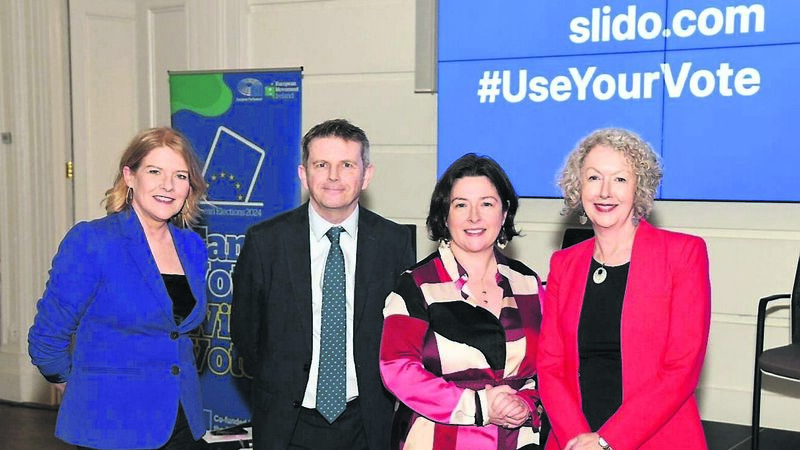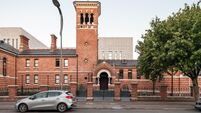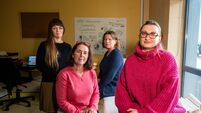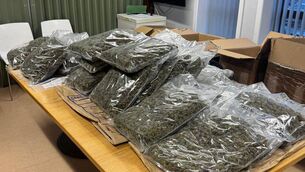European elections: Ireland South candidates set out their platform at Town Hall event in Cork

Flor MacCarthy, journalist Oireachtas TV, Gerard Arthurs, lecturer in International Relations & Politics SETU, Dr Theresa Reidy, senior lecturer in the Department of Government and Politics at UCC, and Karen Coleman, editor EU News Radio (Ireland), at the ‘European Elections Town Hall - Ireland South Constituency’ event in the UCC Centre for Executive Education, in conjunction with the European Movement Ireland in co-operation with the European Parliament Liaison Office in Ireland.
AT THE Ireland South Town Hall event, organised by European Movement Ireland and the European Parliament Liaison Office in Ireland, 10 out of 23 candidates were present at the UCC Centre for Executive Education, and each were given a one minute timeslot to give a pitch to the audience.







 App?
App?


